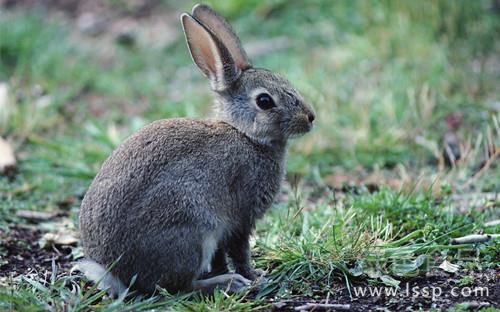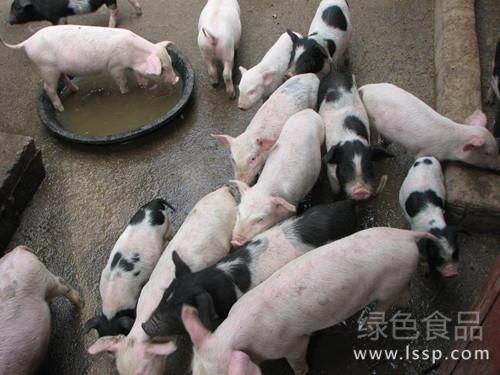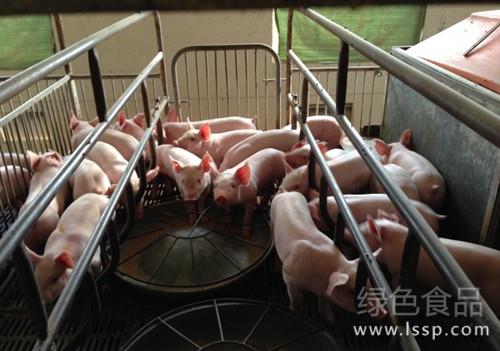Refuse to eat abdominal distension, severe diarrhea, dehydration, beware of rabbit epidemic enteritis in winter
Cold winter, low temperature, large temperature difference between day and night, have a great impact on rabbits, especially rabbit epidemic enteritis, rabbits begin to lose appetite, and then refuse to eat, accompanied by abdominal distension, severe watery diarrhea, and even dehydration, and hair dishevelled, exhaustion, causing death. There was no change in rabbit body temperature from morbidity to death. The rabbits generally died 3 days after infection with epidemic enteritis, reached the peak in 4-5 days, and decreased gradually in 8-10 days. The strong ones healed and the weak ones died.

Rabbit
Preventive measures: strengthen daily feeding and management, supply clean drinking water, prohibit feeding pollution, especially moldy forage, and at the same time do a good job in rabbit house hygiene, keep clean and disinfect regularly. When diseased rabbits are found, they shall be isolated immediately, and the original rabbit cages and appliances shall be thoroughly disinfected with 0.5% peracetic acid or 2% sodium hydroxide solution. Dead rabbits and their feces and pollutants were incinerated and destroyed, and epidemic prevention spread. At present, there is no vaccination of the disease, once the disease, there is no specific treatment, routine antidiarrheal, fluid replacement, in order to protect gastrointestinal mucosa, improve gastrointestinal function, antibacterial anti-inflammatory, prevent secondary infection and so on. Prescribe the right medicine for the case:
1. Antidiarrheal: oral activated carbon, charcoal powder, silica, etc., adult rabbits 1-2 grams, young rabbits reduced by half, 2-3 times a day. Or sulfonamidine, norfloxacin, Zhixiening, etc., 1-2 tablets at a time in adult rabbits and halved in young rabbits, 2-3 times a day for 2-3 days.
two。 Rehydration: compound sodium chloride or 5% glucose, 40 ml per kilogram of body weight, intravenous or intraperitoneal injection, can also drink oral rehydration salt, VC, electrolytic multi-dimensional, etc., to prevent dehydration and improve resistance.
3. Relieve spasm and relieve pain. Atropine is injected intramuscularly, 0.1 mg / kg body weight or belladonna tablets, 1-2 tablets at a time, 2-3 times a day.
4. Anti-bacterial and anti-inflammatory: rabbits were given norfloxacin, sulfonamidine, florfenicol, amoxicillin, ofloxacin, tablets or powder (as specified) or intramuscular injection of gentamicin, doxycycline, dysentery, amikacin, ciprofloxacin, acetylmethylquine, etc., 0.5-1 ml once, twice a day for 2-3 days.
- Prev

It is difficult to raise pigs in winter, but the benefit is good. How to best manage fattening pigs?
It is difficult to raise pigs in winter, but the benefit is good. How to best manage fattening pigs?
- Next

Weaning stress of piglets need to learn the feeding method of weaned piglets
Weaning stress of piglets need to learn the feeding method of weaned piglets
Related
- On the eggshell is a badge full of pride. British Poultry Egg Market and Consumer observation
- British study: 72% of Britons are willing to buy native eggs raised by insects
- Guidelines for friendly egg production revised the increase of space in chicken sheds can not be forced to change feathers and lay eggs.
- Risk of delay in customs clearance Australia suspends lobster exports to China
- Pig semen-the Vector of virus Transmission (4)
- Pig semen-the Vector of virus Transmission (3)
- Five common causes of difficult control of classical swine fever in clinic and their countermeasures
- Foot-and-mouth disease is the most effective way to prevent it!
- PED is the number one killer of piglets and has to be guarded against in autumn and winter.
- What is "yellow fat pig"? Have you ever heard the pig collector talk about "yellow fat pig"?

